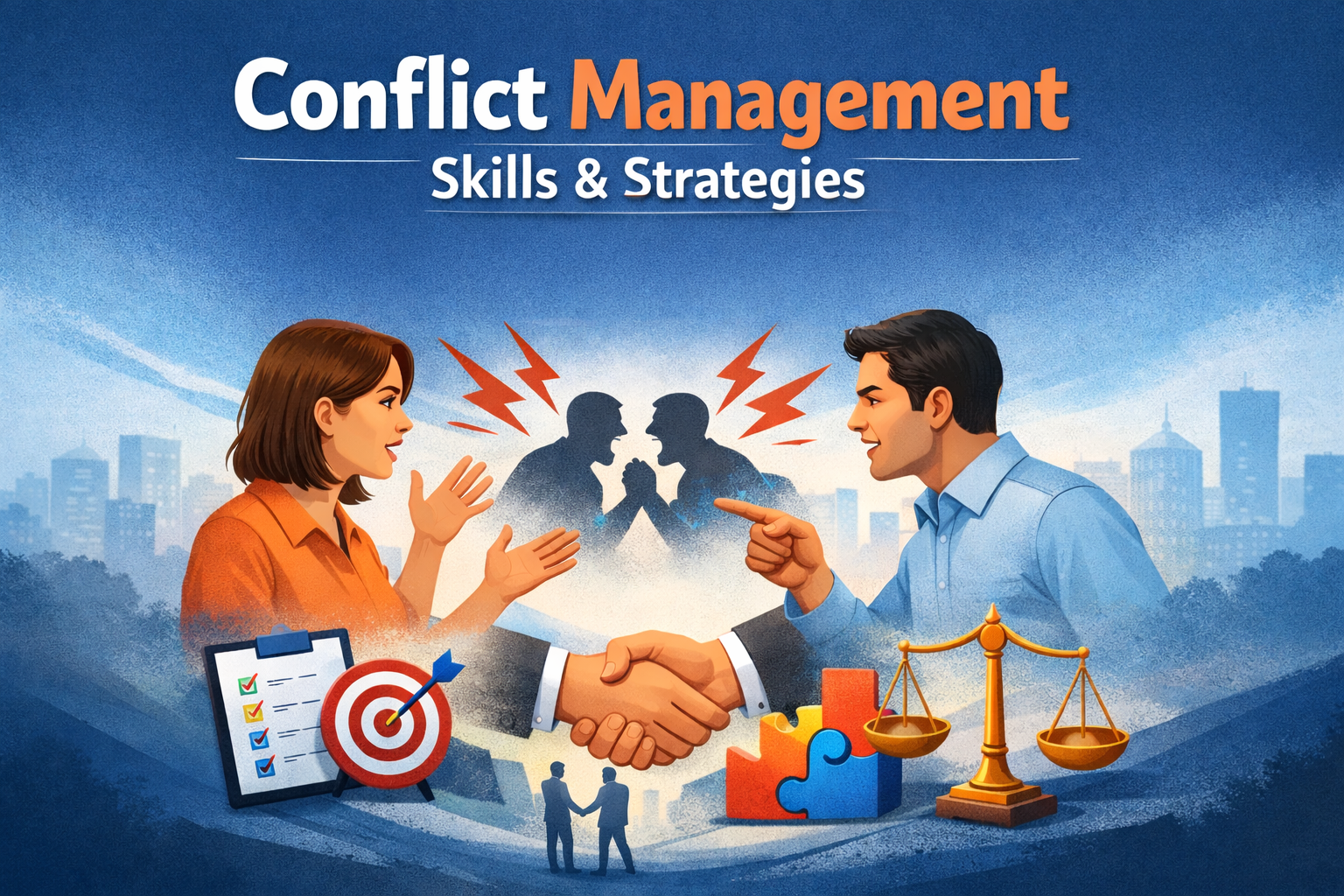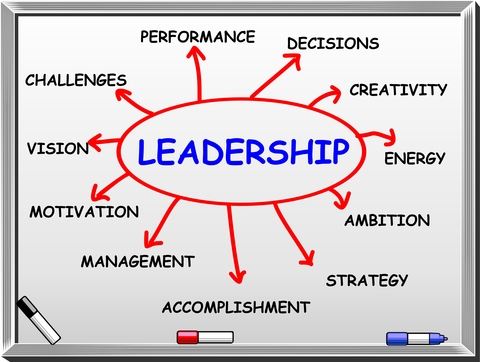

Different situations will require different leadership styles, and leaders need to be able to select the right style at the right time. But the over-riding imperative is to move from compliance-based to high-performance commitment-based organizations, and there is therefore a need for different, more collaborative responses to situations that leaders face in their organizations. Effective leaders in the 21st century will change their philosophy from “command and control” to Facilitative Leadership, in which the key skills are those of team and group facilitation, and the role is one of a coach, partner and inspiration.
Anyone in an organization can become a facilitative leader, even someone who has no supervisory authority. Traditionally, the influence of a manager and traditional leader stems largely from formal authority. But a facilitative leader's influence stems largely from the ability to help others accomplish what they want to accomplish."
This program will be beneficial for all who lead or aspire to lead projects and teams at any level in an organization, or anyone who facilitates improvement groups. Participants who attend this program will learn the benefits of facilitative leadership for their organization, their customers, their staff, and themselves.
Module I: Introduction – The Nature and Benefits of Facilitative Leadership
Module II: Facilitating Team Meetings
Module III: Handling Difficult Team Members
Module V: Facilitating Teams to Use Tools to Analyze and Solve Problems
Module VI: Developing Team Effectiveness
Module VII: Examine blockages to facilitative leadership and develop solutions
Module VIII: Developing your own facilitative Leadership competence
CDGA attendance certificate will be issued to all attendees completing minimum of 75% of the total course duration.
| Code | Date | Venue | Fees | Register |
|---|---|---|---|---|
| MAN141-01 | 29-03-2026 | Dubai | USD 5450 | |
| MAN141-02 | 01-06-2026 | Istanbul | USD 5950 | |
| MAN141-03 | 07-09-2026 | Kuala-Lumpur | USD 5950 | |
| MAN141-04 | 07-12-2026 | Indonesia | USD 5950 |

The overall aim of this course is to provide participants with the competencies required to help them use their time efficiently and effectively. Participants on this interactive course will explore t ...

One of the most frequent concerns and complaints of people today is that they don't have enough time to do what they, or especially their bosses, want them to do. Consequently, there are many resource ...

Conflict in business is all too familiar particularly under increased business pressures. Still, most of us lack basic conflict management skills. Rather than react to conflict on a purely emotional l ...

In today’s world middle and senior level managers are faced with increasingly complex responsibilities. In order to meet this challenge they must be continually sharpening their management skills. Thi ...
Providing services with a high quality that are satisfying the requirements
Appling the specifications and legalizations to ensure the quality of service.
Best utilization of resources for continually improving the business activities.
CDGA keen to selects highly technical instructors based on professional field experience
Since CDGA was established, it considered a training partner for world class oil & gas institution
3012, Block 3, 30 Euro Business Park, Little Island, Co. Cork, T45 V220, Ireland
Mon to Fri 09:00 AM to 06:00 PM
Contact Us anytime!
Request Info